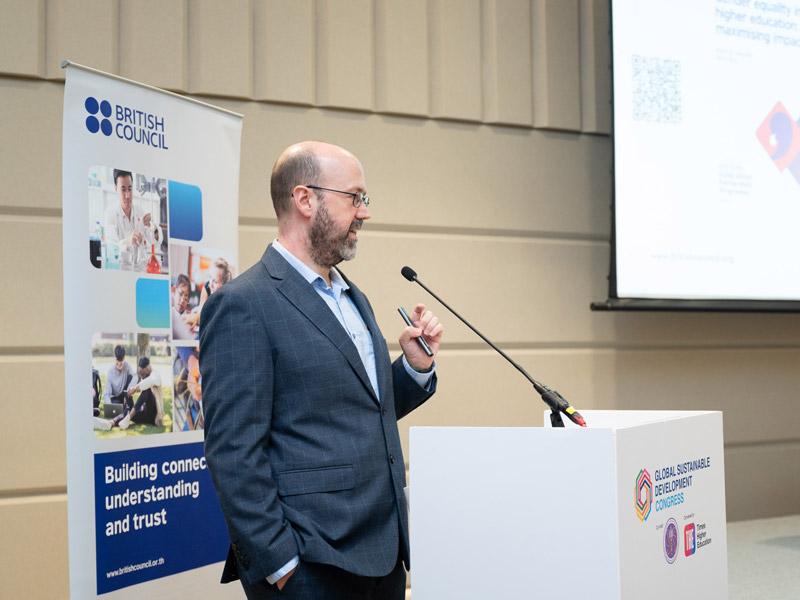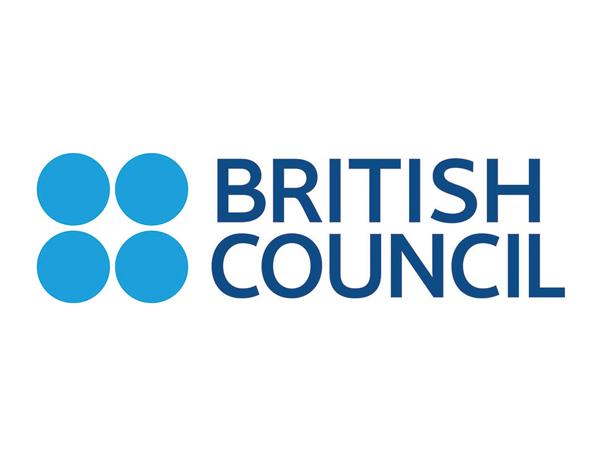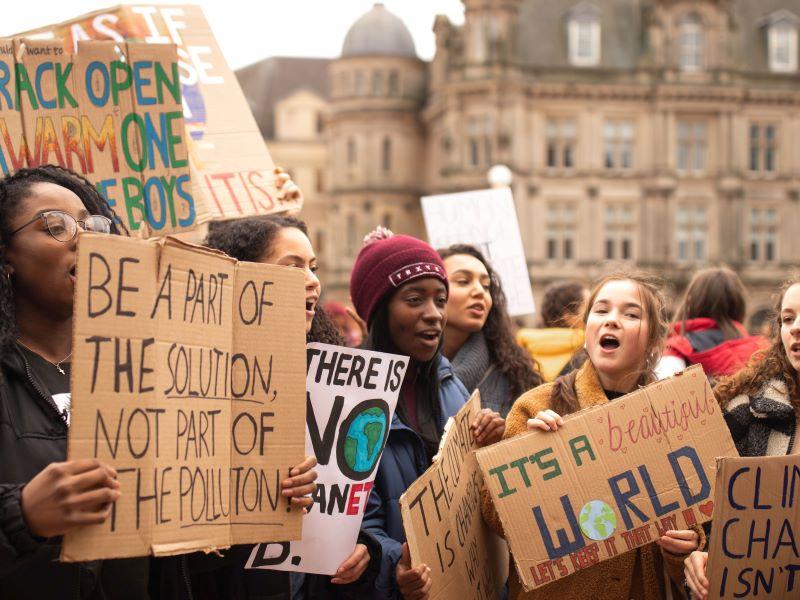
Universities as cultural change-makers: improving gender equality in higher education

There is a sense of urgency around the United Nations' Sustainable Development Goal (SDG) five, which focuses on achieving gender equality and empowering all women and girls. However, it represents a shared challenge and the British Council’s maximising impact research has made it clear how those challenges differ from region to region.
During a session, held in partnership with the British Council, at the 2024 THE Global Sustainable Development Congress, industry experts discussed ways of bridging the gender gaps in higher education across different geographies. At higher education institutions, being evidence-based is key. Pursuing research that leads to better advocacy can deliver tangible improvements for groups that have traditionally been underserved and excluded by universities.
“Something in gender studies that we always engage with is the notion of intersectionality,” Suat Yan Lai, senior lecturer at the University of Malaya, explained. “When we talk about gender and equality, discrimination can also occur because of other intersecting identities.” Higher education reflects the inequality that we see in wider society, which is why you find leadership in many institutions dominated by men, she said.
However, despite the industry’s challenges, it is not monolithic. Things can change for the better as reflected in the journey many universities have been on with their gender, equity, diversity and inclusion (GEDI) policies. “For example, does your institution have gender-disaggregated data?” Lai asked. “What is your GEDI policy? What are your strengths and weaknesses here? There is no overarching GEDI policy – certainly, that’s not what we’ve seen in Southeast Asia. Usually, things are more fragmented.”
Building on Lai’s views, Kefa Lidundu Simwa, executive director of the African Network for Internationalisation of Education (ANIE), also spoke of practical measures and strategies for addressing barriers to gender equality and inclusion in higher education. “When you are in international forums, issues of culture always come into the mix,” Simwa said. “Based on our gender analysis in higher education in Sub-Saharan Africa, many female students continue to face barriers and challenges to accessing entrepreneurship and employability opportunities.”
Collecting data from surveys, interviews and focus group discussions from several countries, ANIE’s research elucidates regional issues around inequality. For example, the data reiterates that gender norms and cultural values in the region still disadvantage female students. “Access is a problem for the female student, particularly in the STEM subjects,” Simwa added. “There is the challenge of finance but also of finding role models. There are very few females in leadership roles and they are spread thinly.”
Digitalisation, political policies, curriculum development and international support can all help to improve gender equality in the higher education space. Universities are beginning to offer community counselling or creating new gender frameworks to promote their GEDI goals. Similarly, enhancing representation and transparency are both worthwhile endeavours but it’s important that actionable steps are identified to deliver concrete improvements. “It’s one thing to say something on paper, but it is another thing entirely to create genuine change,” Simwa said. “Particularly where culture is involved.”
The panel:
- Leighton Ernsberger, director of education for East Asia, British Council (chair)
- Suat Yan Lai, senior lecturer, University of Malaya
- Kefa Lidundu Simwa, executive director, African Network for Internationalisation of Education
Find out more about the British Council.

